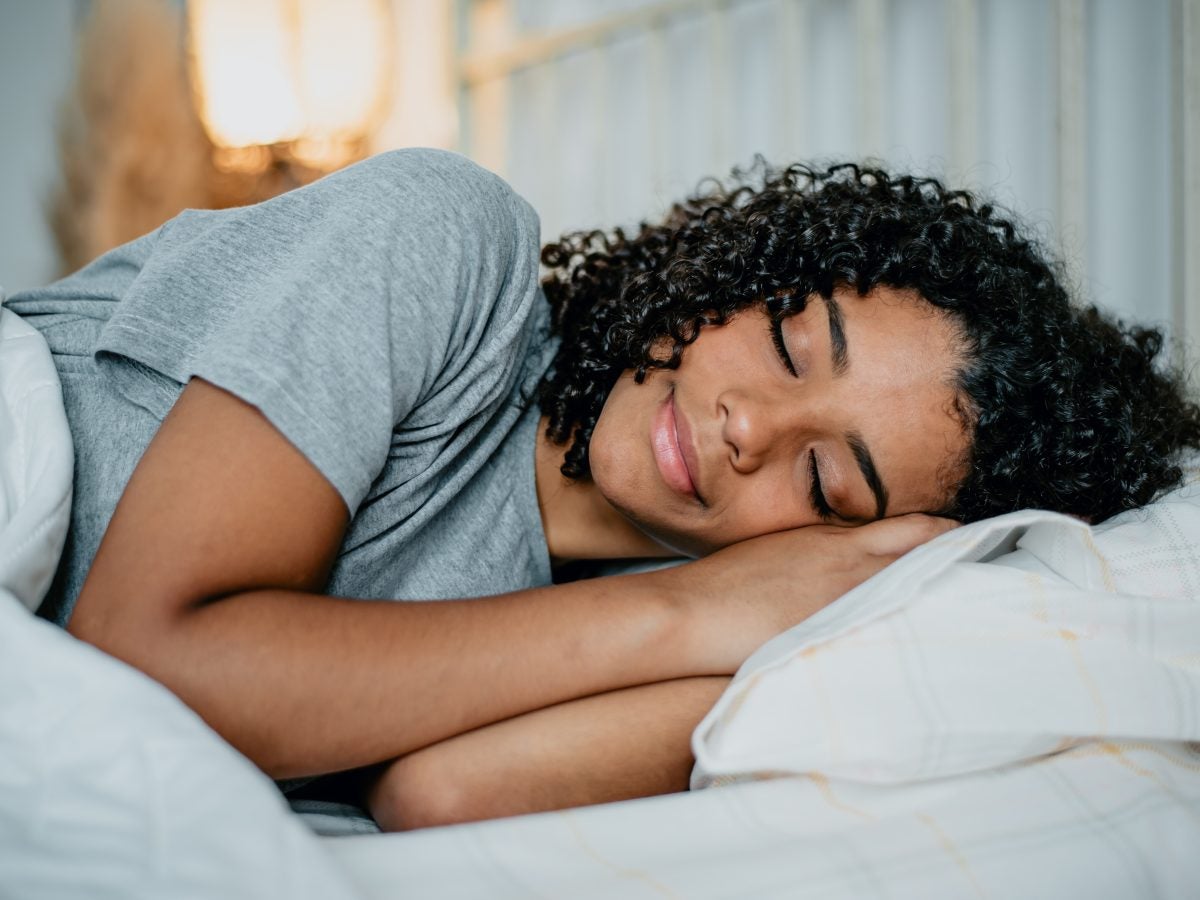
While the new year naturally brings excitement and hope about what’s to come, it can also be an overwhelming time, as people are focused on ushering in their goals and aspirations throughout the 366 days (yes, 2024 is a leap year). One goal for the new year that may be overlooked is the pursuit of quality and holistic sleep, which may be challenging to achieve due to debilitating stress and mundane pressures of life, but for 2024, we’re embracing the importance of sleep as it relates to the quality of our lives. According to the U.S. News & World Report Sleep Habits, Preferences Consumer Survey 2023, out of the 1,200 American adults surveyed about the quality of their sleep and sleep habits, (43%) of survey respondents said they experienced insomnia last year. Insomnia is a sleep disorder that causes issues falling asleep, staying asleep, and getting restful and restorative sleep.
Additionally, the survey found that one in five people (17%) dealt with sleep apnea, which causes breathing to stop and start during sleep. Receiving an adequate amount of sleep can not only help with your physical well-being but also your mental and emotional health. So, how many hours of sleep should you get per night this year? The National Sleep Foundation suggests adults between the ages of 18 and 64 should receive 7-9 get seven to nine hours of sleep each night. However, (21%) of respondents revealed that they rarely wake up feeling well rested, which, unfortunately, is consistent with their previous report for 2022.
Now that we know we need to receive 7-9 hours of sleep, how can we achieve it, especially during the busiest moments? The first step is knowing that we need more rest by picking up on the warning signs: memory loss, irritation, and general fatigue. The second step is to come up with active solutions like being consistent with our bedtimes and incorporating sleep aids (CBD oil, quality pillows, duvet covers, or specialized mattresses) – all lead as cures to remedy poor sleep hygiene. However, there are more surefire ways to get better sleep that won’t break the bank and aren’t too complicated to apply. See our list below for some ideas.
Develop a consistent sleep schedule: It’s essential to develop a sleep schedule that you can easily do daily. To start, try out getting up at the same time every day, which includes weekends, vacations, and work trips.
Curate a relaxing sleep routine: Think of the most comfortable thing you like to do after the end of your work day. It could be a bath, a calm walk, or reading. Try to apply those activities before you go to sleep.
Keep your electronics off and away from your bed: Electronics can be highly distracting. When you’re supposed to be drifting into a peaceful and deep sleep, you’re scrolling your social media feeds instead of watching your favorite television show on your laptop. In 2024, be more disciplined about turning off your electronics when it’s time to rest.
Exercise often: Empower yourself to do at least 30 minutes to 1 hour of exercise every day to help you get to sleep. Exercise releases endorphins and may prevent and ease sleep problems.
Lay off the alcohol before bed: Limiting the alcohol right before bed can help you get to sleep faster. According to SleepFoundation.org, drinking alcohol before bed can increase the suppression of REM sleep during the first two cycles. Given that alcohol is a sedative, achieving sleep right away is often shorter for drinkers, and some fall into deep sleep rather quickly, which can create an imbalance between slow-wave sleep and REM sleep, resulting in less of the latter and more of the former. This imbalance decreases overall sleep quality, resulting in shorter sleep duration and more sleep disruptions.
Please don’t go to sleep unless you’re sleepy: Don’t force sleep, as it may allow you to wake up sooner than you’d like to. Instead, try resting in bed until you’re ready to sleep on your own body’s timing.
Invest in quality bedtime items: Quality bedding, innovative mattresses, and memory foam pillows can help you fall asleep more easily. Additionally, investing in sleep apps can help you track the hours of sleep you’re receiving.





